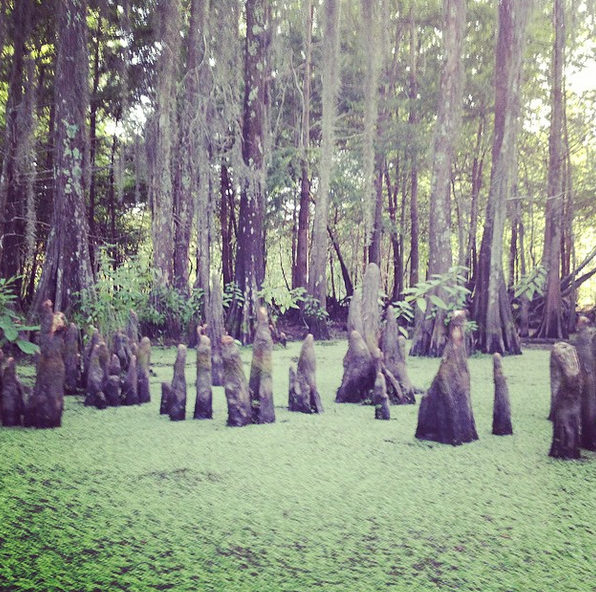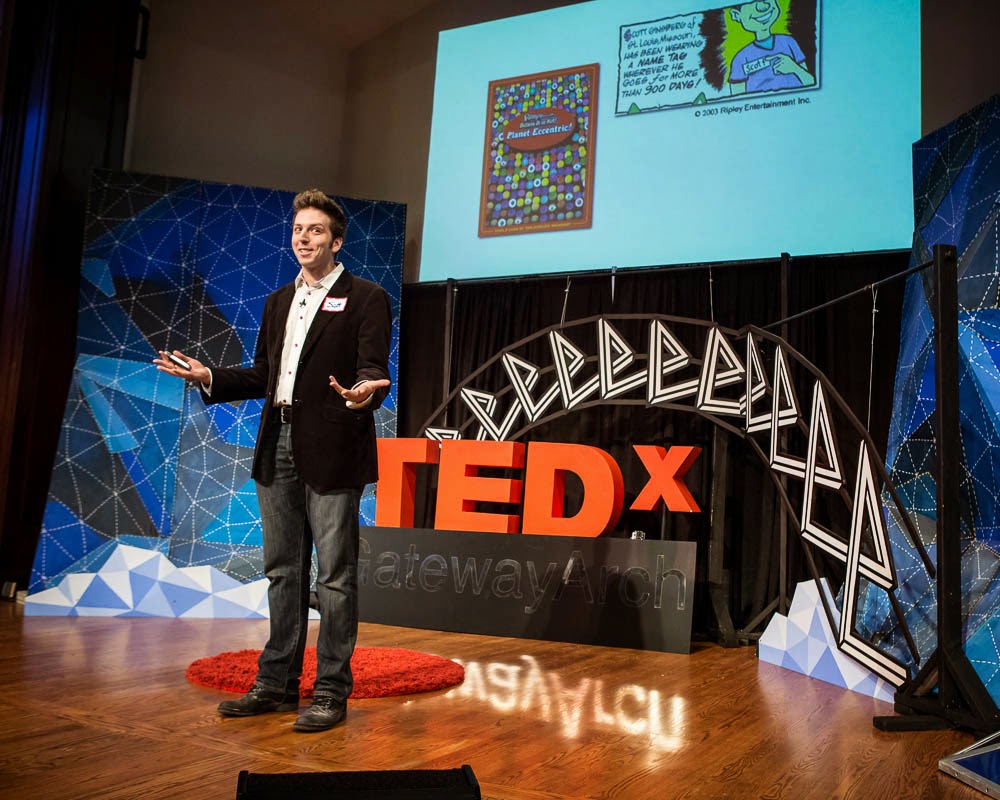

All creativity begins with the moment of conception.
That little piece of kindling that gets the fire going. That initial source of inspiration that takes on a life of its own. That single note from which the entire symphony grows. That single spark of life that signals an idea’s movement value, almost screaming to us, something wants to be built here.
And so, in this new blog series, I’m going to be deconstructing my favorite moments of conception from popular movies. Each post will contain a video clip from a different film, along with a series of lessons we can learn from the characters.
Today’s clip comes from the fishing scene from A River Runs Through It:
What can we learn?
Define reality in a more direct way. Seinfeld once said that that the most fun game is one you’ve never played and you’re inventing as you go along. I couldn’t agree more. Creating art is one thing, but the more sophisticated experience of categorical creation, that is, inventing entirely new mediums, crafting innovative ways to circulate our ideas and thoughts and feelings, now that’s really exciting. Even when you’re fly fishing. Paul breaking free of his father’s instruction, falling into a rhythm all his own, watching himself softly become the author of something beautiful, that’s exactly what every artist should aspire to. A few years ago, I got burnt out on writing books. And I knew there were useful strategies for influencing the environment that I was not taking advantage of, so I took initiative to find a new way to do what I do. The result was a documentary that combined four of my favorite things, singing, storytelling, socializing and sermonizing. Going in, I knew the project was going to be ambitious, complicated, expensive and extensive. But I also knew that by shedding the popular view of my own artistic reality, new possibilities would emerge. And they did. Hook, line and sinker. Where have you misread your own reality?
Bullied by conditions, buoyed by creativity. Norman says that many of us would probably be better fishermen if we did not spend so much time watching and waiting for the world to become perfect. His words couldn’t be more relevant for the modern creator. Because once we realize that we don’t have to do everything right, we’re free. That’s the mindset that allows us to remain prolific in our work. When we admit that we’re never fully ready, the work is never completely finished, and the world is never in the ideal conditions. Paul exemplifies this mindset. He literally steps out of his comfort zone, wades into deeper waters and designs his own way forward. It’s an inspiring reminder that we have our own rivers to cross, our own rapids to ford. And that success is mostly a matter of vision. I’m reminded of another scene in the film, where the narrator says that all there is to thinking is seeing something noticeable, which makes us see something we weren’t noticing, which makes us see something that isn’t even visible. Paul exemplifies this mindset too. He knows that’s all creativity is. Seeing what isn’t there, wading across uncharted waters and boldly bringing life to what might be. Have you gone public with your vision yet?
Build a permission free vocabulary. The most persistent and pernicious barrier to creativity is permission. It’s a term that describes any mental construct of notenoughness that prevents, delays or derails the progress of creative work. And it’s the number one reason so many artists die with their music still in them. They’re too busy twisting themselves into psychological pretzels to actually create. I struggled with this construct for many years as a writer and performer, primarily because I was always the youngest and least experienced person in the room. But with the help of mentors, therapists and coaches, I learned an assortment of affirmations, mantras, incantations and cognitive reframing tools to shift my mental perspective. And once I started saying to myself, I trust my resources, I am equal to this challenge, I am the person who can do this, I am worthy of this dream, it completely drowned out any trace of permission from my thinking. Paul is the hero of the film because he’s his own source of worthiness. Walking across the water, you can almost hear him say to himself, who I already am is enough to get what I want. What dream are you not allowing yourself to follow?
* * * *
Scott Ginsberg
That Guy with the Nametag
Author. Speaker. Strategist. Filmmaker. Publisher. Songwriter.
scott@hellomynameisscott.com

Never the same speech twice. Customized for your audience. Impossible to walk away uninspired.
Now booking for 2014-2015.
Email to inquire about fees and availability. Watch clips of The Nametag Guy in action here!
